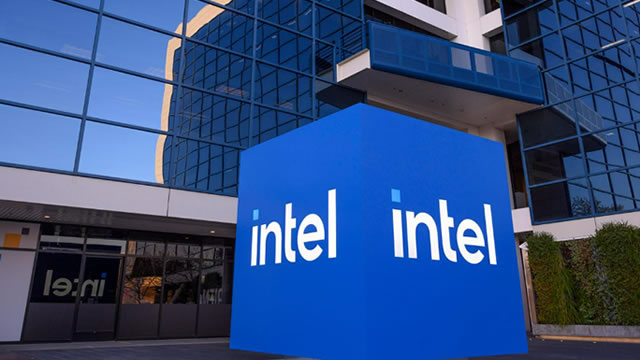The Future of Intel: Foundry Expansions, TSMC Alignment, and Sino-U.S. Diplomacy
Intel’s success is intricately tied to several key factors including U.S. foundry expansions, alignment with TSMC, and the state of Sino-U.S. diplomacy. As one of the world’s leading semiconductor companies, Intel’s strategies in these areas will significantly impact its future performance and market position.
U.S. Foundry Expansions and TSMC Alignment
One of the critical challenges facing Intel is the need to expand its foundry capacity in the United States. This is particularly important given the increasing focus on domestic semiconductor production for geopolitical security reasons. TSMC’s decision to grow its presence in the U.S. market has further intensified the competition in this space.
While TSMC’s U.S. growth is a positive development for the country’s semiconductor industry, it also presents challenges for Intel. The Taiwanese company’s advanced technology and efficient processes have positioned it as a formidable competitor in the global market. Intel must focus on enhancing its own capabilities to keep pace with TSMC’s advancements.
Sino-U.S. Diplomacy Implications
The complex relationship between the United States and China adds another layer of uncertainty for Intel. The company’s success is influenced by the shifting dynamics between these two economic giants. A delicate balance in U.S.-China relations is crucial for Intel to navigate regulatory environments, tariffs, and trade policies effectively.
For Intel, finding a way to strategically position itself amidst escalating tensions between the U.S. and China is essential for long-term growth and stability. The company’s ability to adapt to changing diplomatic landscapes will shape its future returns and market relevance.
Impact on Individuals
For individuals, the developments at Intel can have a ripple effect on the tech industry as a whole. Changes in the company’s strategies and performance could impact job opportunities, innovation, and consumer choices in the semiconductor market. Keeping an eye on Intel’s trajectory can provide valuable insights for professionals working in technology-related fields.
Global Implications
On a global scale, Intel’s viability is intertwined with broader geopolitical trends and economic shifts. The company’s decisions and actions can influence international trade dynamics, technological advancements, and geopolitical relationships. As a key player in the semiconductor industry, Intel’s success or challenges can have far-reaching effects on the global economy.
Conclusion
In conclusion, Intel’s future prospects are closely tied to its ability to navigate U.S. foundry expansions, TSMC alignment, and Sino-U.S. diplomacy effectively. The company’s strategic decisions in these areas will shape its competitiveness, market position, and overall performance in the semiconductor industry. Staying informed about these developments is essential for understanding the evolving landscape of technology and its impact on individuals and the world.





